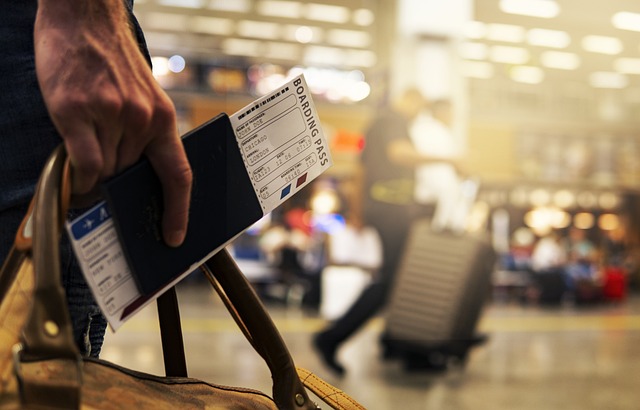Fair Flight Taxes – A Transparent Tale
Clear Skies or Cloudy Horizons?
Let’s begin by demystifying the concept of fair flight taxes. When you purchase an airline ticket, part of the fare goes towards various taxes levied by governments to fund aviation infrastructure, security measures, and environmental initiatives. These taxes are indeed in plain sight, ensuring transparency and accountability.
What are some common fair flight taxes?
- Airline Ticket Tax: This tax is the foundation of fair flight taxes, imposed by governments to raise revenue from air travel.
- Passenger Facility Charges (PFCs): Airports charge PFCs to finance improvements and expansions, benefiting travelers.
- International Travel Taxes: Crossing borders? Get ready for customs fees, international departure taxes, and other country-specific charges.
Unmasking the Culprits
Hidden Fees – The Sneaky Serpents in the Grass
While fair flight taxes parade themselves openly, hidden fees lurk in the shadows, ready to pounce on unsuspecting passengers. These elusive charges, buried in the fine print, can quickly turn a seemingly affordable ticket into an expensive affair.
What are some notorious hidden fees?
- Baggage Fees: Oh, the bane of travelers! Many airlines charge extra for checked baggage or even cabin bags that exceed specific size or weight limits.
- Reservation Charges: Want to secure a seat next to your travel buddy? Be prepared to shell out more.
- In-Flight Amenities: Snacks, meals, and entertainment may come with a price tag that’s not apparent until you’re on board.
- Priority Boarding: For those who can’t stand the wait, priority boarding may come with a cost.
- Seat Selection: Opt for your preferred seat, but don’t be surprised by an additional fee.
- Change or Cancellation Fees: Unexpected change in plans? Prepare to pay for modifying or canceling your booking.
- Credit Card Fees: Some airlines charge extra if you use a credit card for payment.
Now that we’ve shed light on the dark side of hidden fees, let’s take a closer look at how these costs impact our travel decisions.
The Impact on Your Wallet
Calculating the True Cost
As consumers, it’s essential to consider both fair flight taxes and hidden fees when comparing ticket prices. Often, airlines may advertise low base fares to attract travelers, only to pile on hidden fees during the booking process. By understanding the full cost, you can make informed choices and prevent unwelcome surprises.
How to navigate the labyrinth of costs effectively?
- Read the Fine Print: Scrutinize the airline’s terms and conditions to uncover hidden fees before booking.
- Compare Total Prices: Use fare comparison websites that reveal the total cost, including taxes and fees.
- Travel Light: Pack efficiently to avoid baggage fees and consider airlines with more generous baggage policies.
- Book Directly: Some third-party booking sites may not display all fees, so consider booking directly with the airline.
Equity and Transparency
While fair flight taxes contribute to societal welfare, hidden fees raise ethical questions. As consumers, we deserve transparency, fairness, and honesty from airlines regarding the true cost of travel.
Are airlines justified in imposing hidden fees?
- The Profit Motive: Airlines argue that hidden fees boost ancillary revenue and allow them to offer lower base fares, benefiting cost-conscious travelers.
- Ethical Obligations: Critics question the lack of upfront disclosure and argue that these fees exploit consumers’ lack of awareness.
In the intricate dance between Fair Flight Taxes vs. Hidden Fees, transparency and consumer awareness are paramount. Let’s advocate for clearer regulations and more explicit disclosure to empower travelers with informed choices. By navigating the labyrinth of airline costs wisely, we can reclaim control over our travel expenses and soar towards fair skies, unburdened by hidden surprises.

